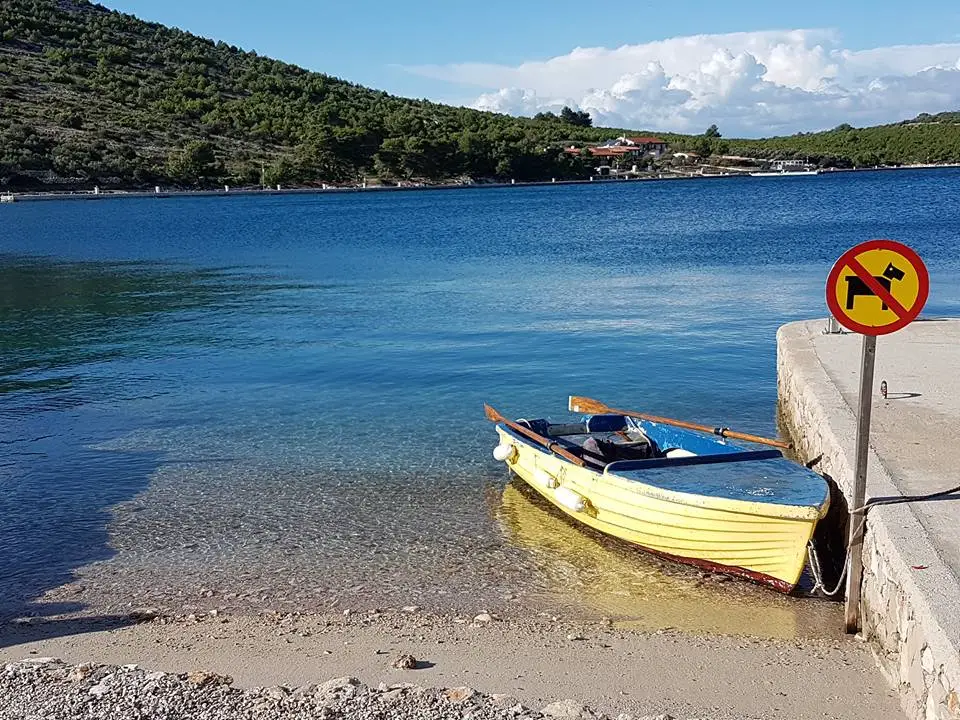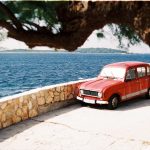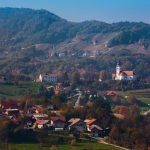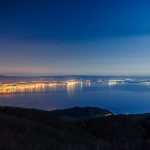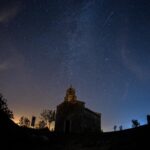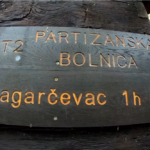May the 19th, 2024 – They are one of the most picturesque attractions, and yet we can’t agree how many of them there are. Some say Croatia has 1185 islands, others 1244 and others 1246. That aside, how do we brand Croatian islands?

It has always been somewhat symbolic to me of the ‘strategy’ of the Kingdom of Accidental Tourism that we cannot even agree on how many pieces of our prized asset we have. If you are wondering why there is confusion, How Many Islands Does Croatia Have? should make things clearer.
Now that we have confronted tourists with the amazing statistic of more than a thousand Croatian islands on offer, the next logical step might be to tell people a bit about them, so that they can differentiate between them and make an informed choice on which ones might be most suited to visit.
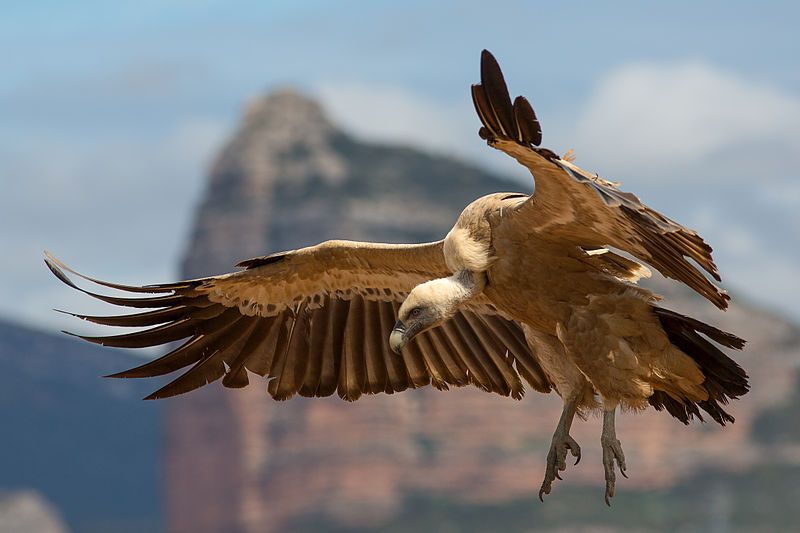
A few years ago, as part of the TCN series, 25 things to know about Croatia, I did a piece on the islands – Croatian Islands: 25 Things to Know about the Gems of the Adriatic.
And yet, despite that incredible diversity, we do a terrible job at informing tourists of the wealth of choice on offer.
I have been meaning to write something on the subject for a while, but I was finally inspired by this LinkedIn post below – from a man with a far bigger brain than mine, and a much more intricate understanding of tourism. Regular readers of TCN may be familiar with the excellent tourism writings of Zoran Pejovic on the site already.
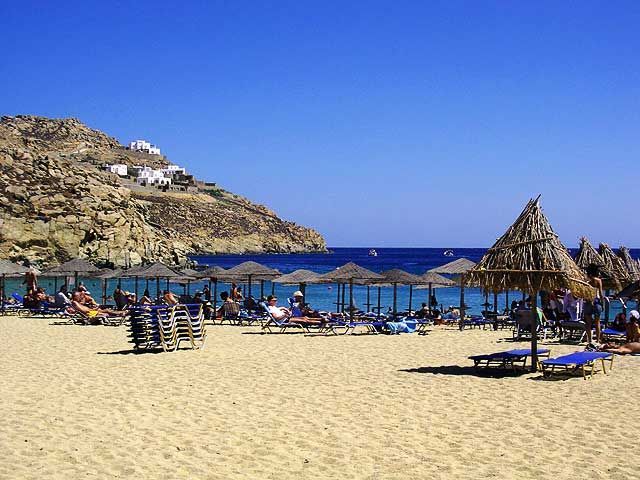
the (open) question of Croatian island brand architecture (Friday night musings)
Over the past couple of weeks I took part in several webinars and discussions on the topic of (smart) development of Croatian islands, mostly from the perspective of tourism development, but not limited to only that. However, even when saying “Croatian islands”, I fail to have a clear image of what exactly we’re referring to, other than in the purest of geographical terms. It’s worth mentioning here that I have dedicated years of my career to hospitality projects on the islands, so I do know a thing or two about them. By the way, the Croatian archipelago is the second largest in the entire Mediterranean Sea, second only to the Greek archipelago.
This is largely a branding and positioning issue. Is it Croatian islands, Croatia’s islands, the islands of Croatia, the Adriatic islands, the Dalmatian islands and the Gulf? Is it the Dubrovnik archipelago, the Split archipelago, the Šibenik archipelago, the Zadar archipelago? Or Elaphiti, Kornati? Or is it all of the 718 islands, 389 islets and 78 reefs all individually listed? Or do we focus only on the 47 inhabited islands?
How do we position Hvar, Condé Nast Traveller’s Best Island in Europe for two consecutive years? Another example is the Kornati archipelago, a national park, which consists of 140 uninhabited islands and presents one of the most beautiful wonders of nature in all of Europe?
Perhaps these discussions were held in the nineties, perhaps in the 2000s, or in the 2010s, but surely I don’t hear much being spoken about this now. How do we brand and position the Croatian islands? Which strategy do we apply?
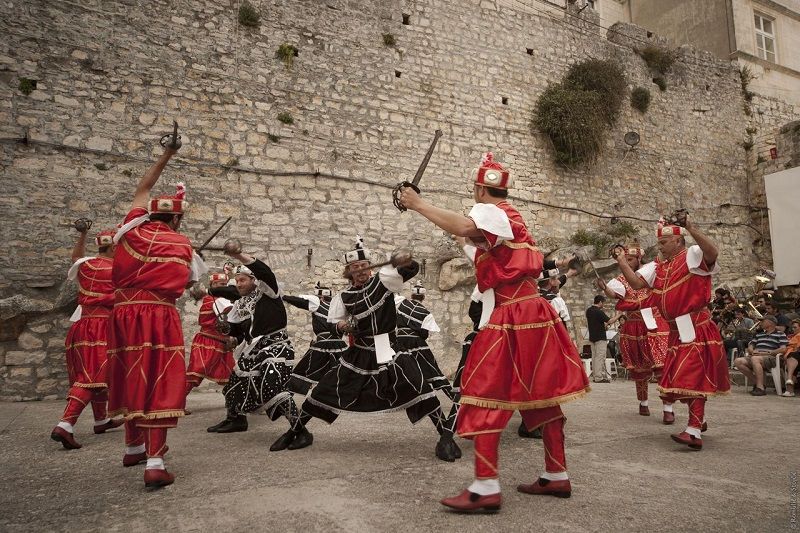
The Maldives for example took the branded-house marketing strategy, and you never really know the names of individual islands, but one knows very well the strength of the brand that the Maldives have. The Balearic islands took the route of house-of-brands and you know of it as a brand, but the individual brands of Ibiza and Mallorca are stronger brands. When people go to Ibiza or Mallorca they almost never say they’re going to Spain, as the appeal of island branding is stronger.
How does one square this brand architecture and manage a loose network of brands when we have four different tourist boards on Hvar alone, all trying to brand their towns independently?
When we were opening Maslina Resort, we wrote Maslina Resort, Hvar, Croatia. This could be called an Endorsed Brands strategy, as the brand of Hvar was being linked to the brand of Croatia? Or perhaps this was Master/Sub-brand relationship? None of this is clear. What is clear is that Croatian islands are more than their geographical names and locations when it comes to the appeal they have the image they conjure up in people’s minds. This needs to be utilised in a much better way. The simple word – Island – is one of the most romanticised words in the entire English language. And we have plenty of them.
If anyone knows of any work that was done on the topic of the branding of the architecture of Croatian islands – please share it.
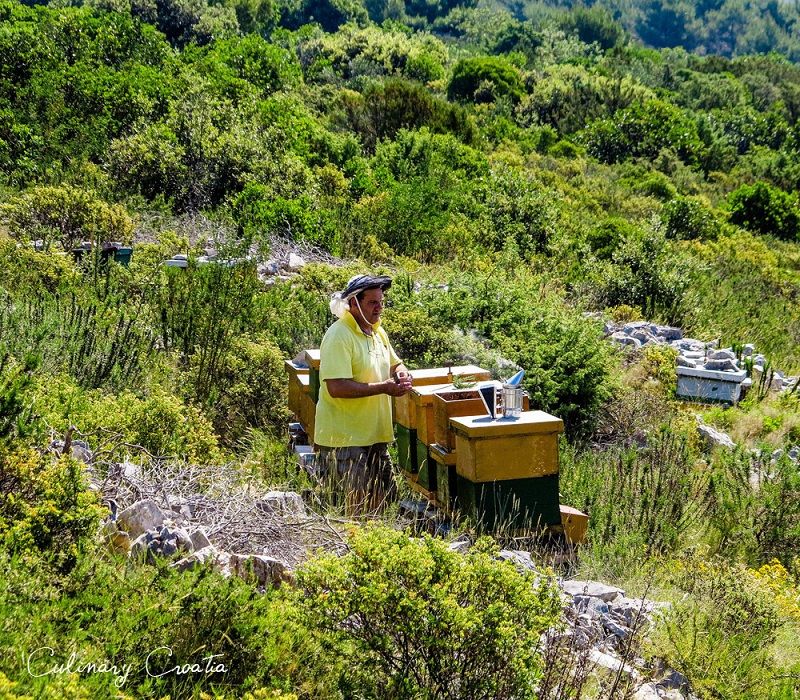
This was my answer:
For me, it’s Croatian islands. People get confused by Dalmatia, Kvarner, the Adriatic… They’re very easy to brand I think, and with such diversity, you can give personality to each. Losinj, the Island of Vitality is a great start. Call it Losinj, the Croatian Island of Vitality, Hvar, the Croatian UNESCO Island of Wine. Solta, the Croatian Island of Honey, Susak, the Croatian Island of Sand, and suddenly people can see they are all different. I wrote an article on 25 things you wouldn’t expect to find on Croatian islands a few years ago as a starter.
How hard would it be to create a map – a website even – and a campaign promoting Croatian Islands Full of Diversity?
Rather than “we have somewhere between 1185 and 1246 islands, we can’t quite agree” and they’re all pretty…
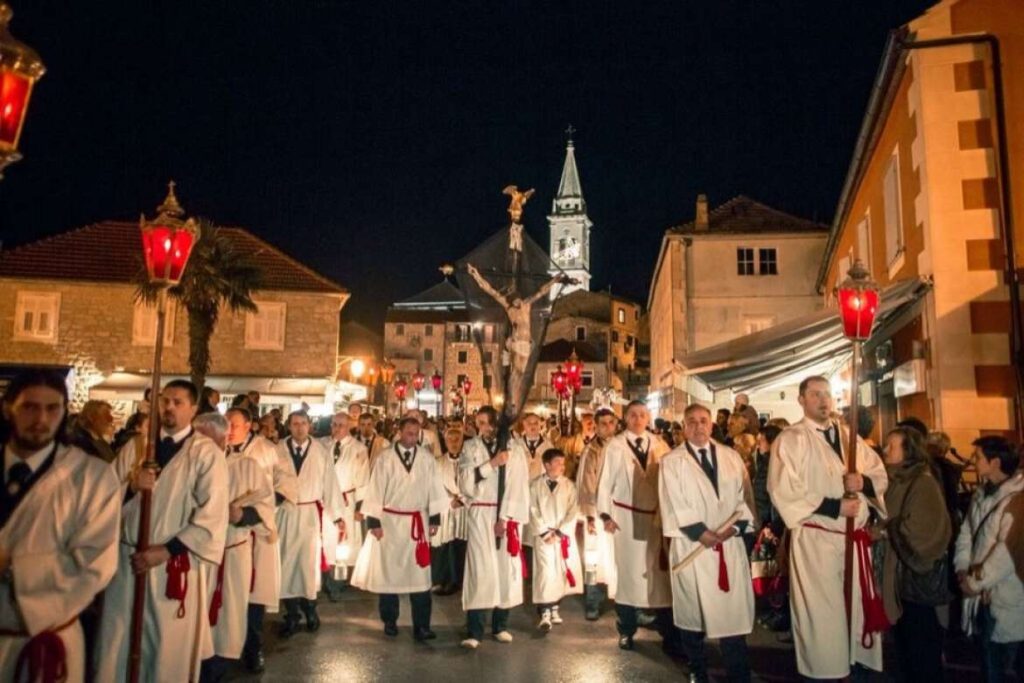
Meet the Croatian Islands – which one was created for you?
Losinj, Croatian Island of Vitality
Hvar, Croatian UNESCO Island of Wine
Brac, Croatian Island of Olives and Stone
Korcula, Croatian Island of Marco Polo
Solta, Croatian Island of Honey
Mljet, Croatian Island of National Parks
Jerolim, Croatian Island of Naturism
Vis, Croatian Island of Military Tunnels and Cricket
Bisevo, Croatian Island of Blue and Green Caves
Goli Otok, Croatian Island of Dark History
Susak, Croatian Island of Sand
Peljesac, Croatian Half-Island of Zinfandel’s Cousin
Pag, Croatian Island of Cheese, Lamb & Party
Galesnjak, Croatian Island of Hearts
Zlarin, Croatian Island of Coral
Krapanj, Croatian Island of Sponges
Cres, Croatian Island of Griffon Vultures
Brijuni, Croatian Island of Exotic Animals
Lokrum, Croatian Island of Game of Thrones
We could go on, but you get the point.
It really is not that hard.

